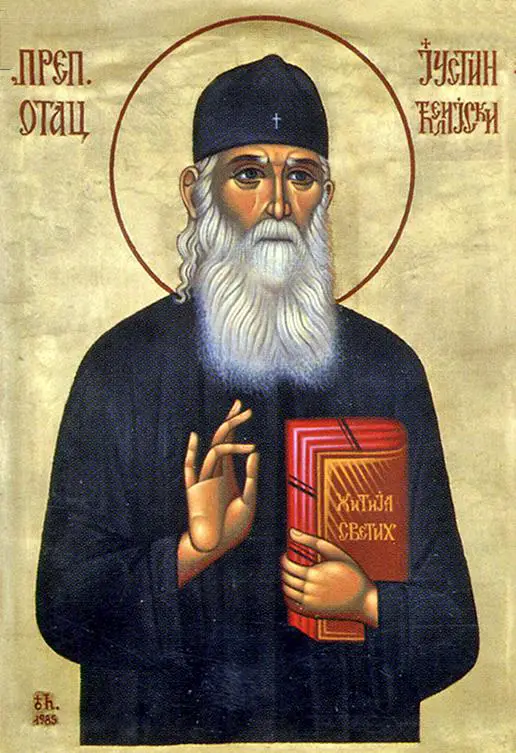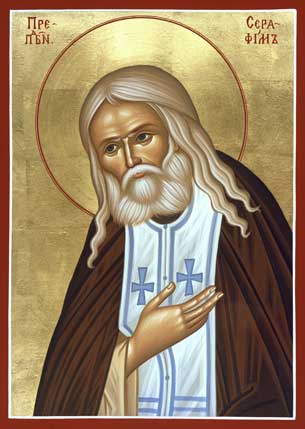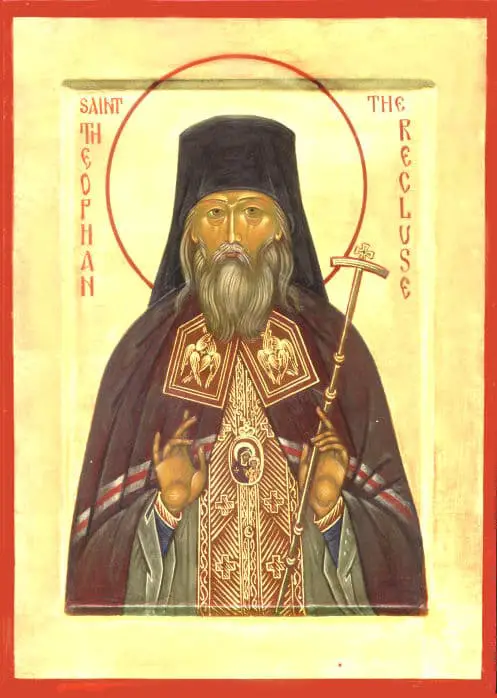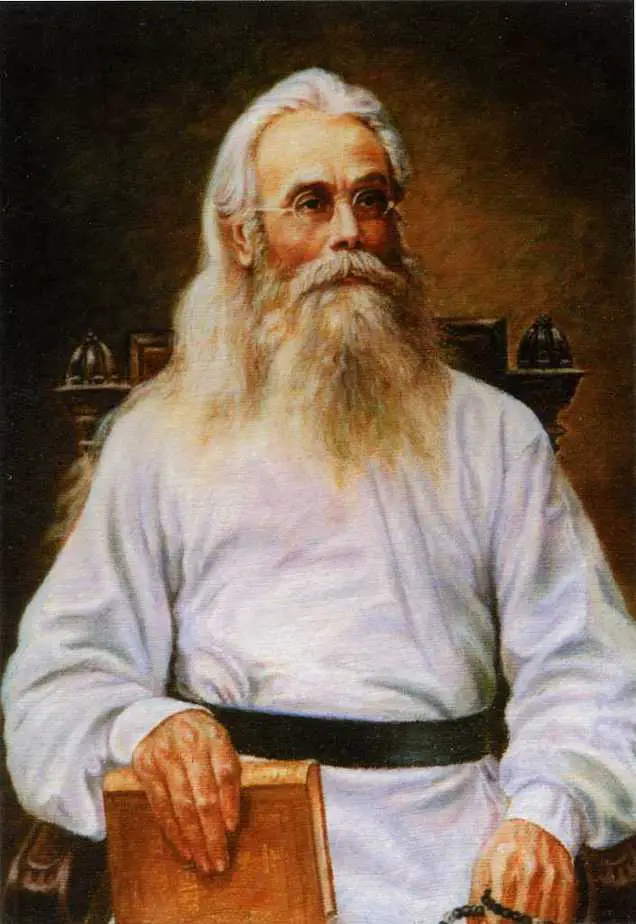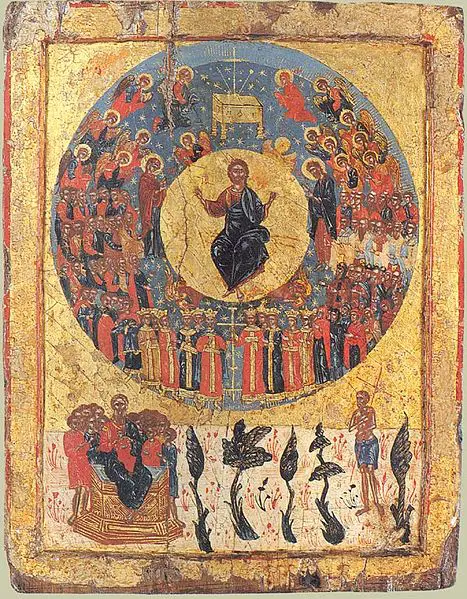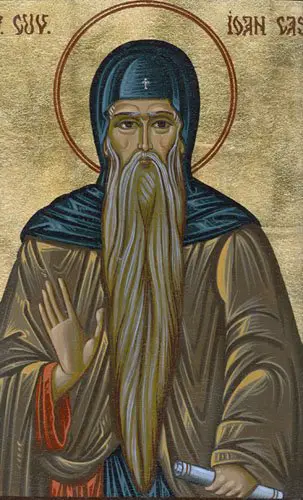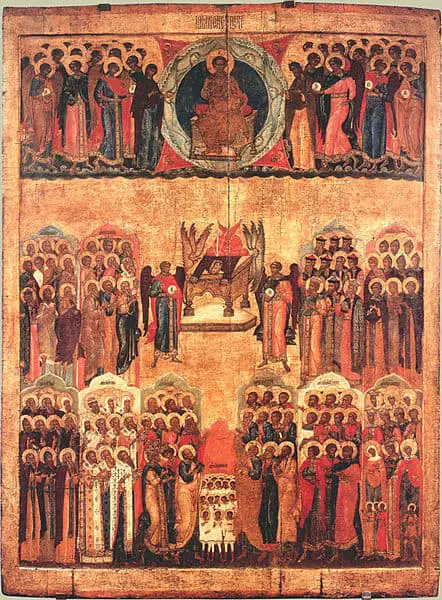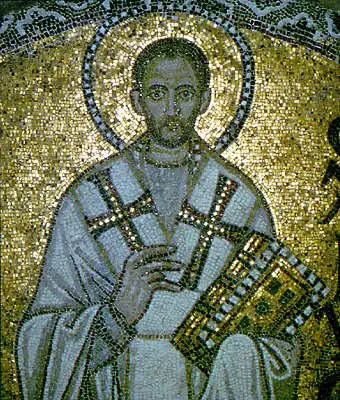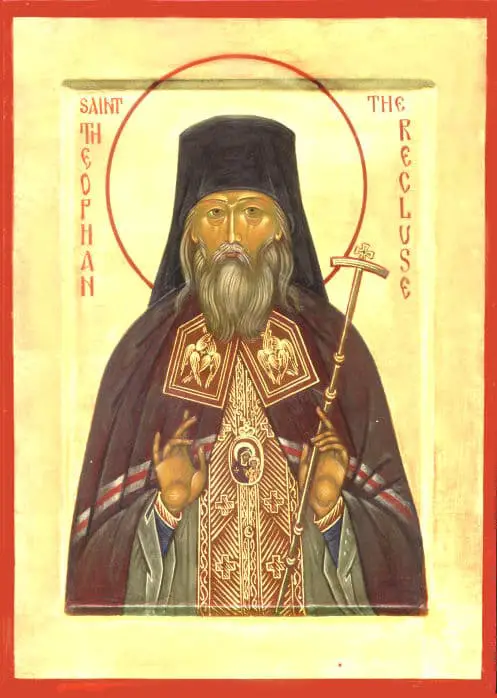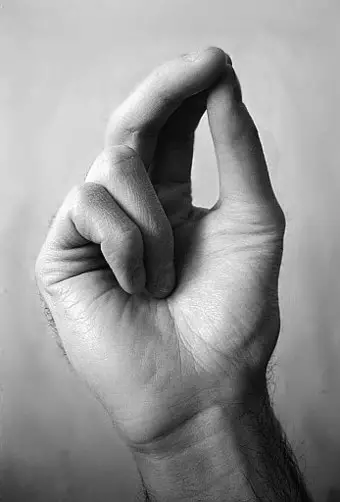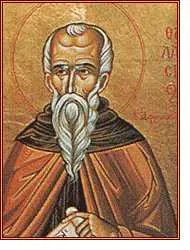St. Theophan the Recluse: When going to the Holy Mysteries, go with . . .

When going to the Holy Mysteries, go with simplicity of heart, in full faith that you will receive the Lord within yourself, and with the proper reverence towards this. What your state of mind should be after this, leave it to the Lord Himself. Many desire ahead of time to receive this or that from Holy Communion, and then, not seeing what they wanted, they are troubled, and even their faith in the power of the Mystery is shaken. The fault lies not with the Mystery, but with superficial assumptions. Do not promise yourself anything. Leave everything to the Lord, asking a single mercy from Him — to strengthen you in every kind of good so that you will be acceptable to Him. The fruit of Communion most often has a taste of sweet peace in the heart; sometimes it brings enlightenment to thought and inspiration to one’s devotion to the Lord; sometimes almost nothing is apparent, but afterward in one’s affairs there is a noted a great strength and steadfastness in the diligence one has promised.
+ St. Theophan the Recluse, The Spiritual Life: And How to Be Attuned to It
St. Theophan the Recluse: When going to the Holy Mysteries, go with . . . Read More »





